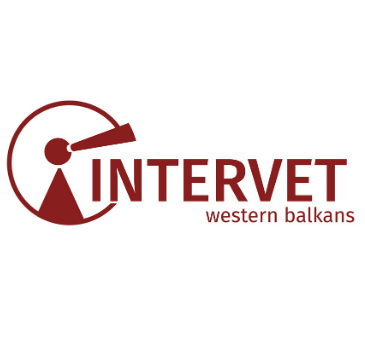€2 million has been awarded to Intervet Western Balkans (Internationalization of VET systems in Western Balkans), a pilot project for the internationalization of vocational education and training systems in the Western Balkans.
The project, led by the Italian organization Uniser, aims at creating opportunities for learning mobility in the training centers of the Western Balkans and improving the culture of learning mobility in the field of VET.
To do so, the project Intervet Western Balkans foresees activities at two levels: on the one hand, the mobility of VET learners and on the other, the competence building of VET staff.
The objectives of Intervet Western Balkans are also twofold: the project will allow participants to have better access to resources related to international training mobility and to learn more about already existing opportunities.
The consortium includes associations, SMEs, VET centers, chambers of commerce and a university from 6 regional partners: Albania, Bosnia and Herzegovina, Kosovo, Montenegro, the Republic of North Macedonia and Serbia, as well as 8 partners from EU Member States: Belgium, the Netherlands, France, Malta, Spain, Slovenia and Poland. The project is coordinated by Uniser Società Cooperativa Sociale Onlus from Forlì, Italy.
The 3-year project will involve students from all over the Balkan area and it will include the following activities:
56 PRO-type mobilities of 3 months (for recent graduates and apprentices) with destination: Seville, Wroclaw, Forlì-Bologna, Maribor, Lyon
360 mobilities of one month (for high school students) with destination: Seville, Wroclaw, Forlì-Bologna, Maribor, Lyon
54 job shadowing experiences (for teachers) at the following colleges of excellence: SEPR (France), ROC Da Vinci College (the Netherlands), MCAST – The Malta College of Arts, Science & Technology (Malta)
participation of 36 teachers in summer schools
Mariya Gabriel, EU Commissioner for Education, referred to Intervet Western Balkans project as a “concrete example that meets the needs of the enlargement countries”, underlining how Brussels commits “to link vocational education and training to the needs of their labour markets, specifically in sectors with high potential for job creation, such as manufacturing and agriculture.”

